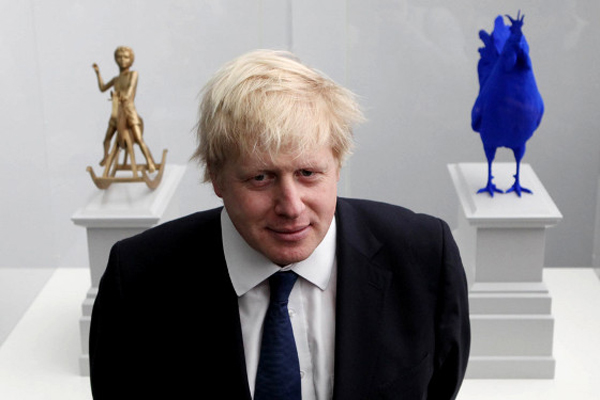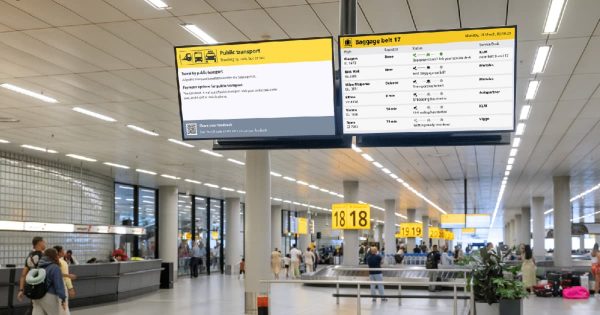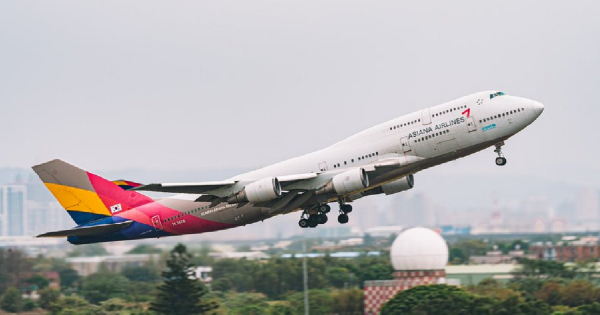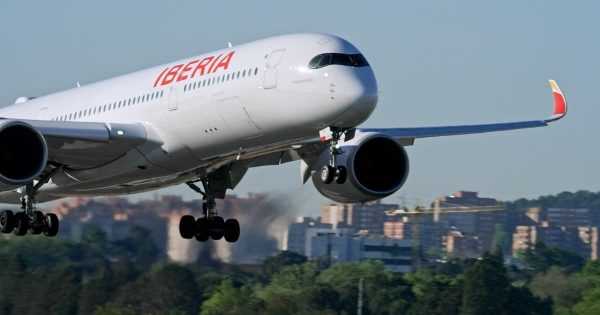Boris Johnson, the Mayor of London has described the Airports Commission decision to recommend that a third runway be built at Heathrow as highly predictable, short-termist and completely politically undeliverable.
He was astounded by their recommendation that there be a legislative ban on a fourth runway, a ban that the Mayor believes absurd as no Parliament can bind its successors and can be considered even more ludicrous given that the report published by the Commission today says a further runway will be required by 2050. It only makes even clearer the inevitability of proposals for a fourth runway at Heathrow, which would offer even greater noise pollution and fumes over west London.
The Mayor also described pledges to cut aircraft noise made in the report published by the Commission this morning as hokum. In their report the Airports Commission proposed a ban on night flights that does not cover the entire night period. They propose a ‘noise envelope’ with no information on how that would be measured and they propose an independent noise authority that would be a statutory consultee, not a regulator, effectively rendering it toothless. The Commission’s report also makes grand promises of noise compensation – but that in reality would provide insulation for less than 200,000 homes – a fraction of those exposed to noise pollution by a third runway at Heathrow.
The Mayor’s team also criticised the Commission for making a recommendation that would expose over a million people to aircraft noise, with dire consequences for their health. Studies have shown that the risk of stroke, coronary heart disease and other cardiovascular disease increases by 10 to 20 per cent in areas plagued by aircraft noise. Aircraft noise is also linked to significantly reduced reading comprehension and memory recall in school children.
Beyond noise, a third runway’s impact on air quality is also a serious environmental and public health concern. The Airports Commission’s own analysis shows that a third runway would make Heathrow the worst air quality black spot in London by 2030. That would not be compatible with the UK’s obligation to meet EU air quality targets and would fly in the face of a recent ruling by the Supreme Court that ordered the Government to make plans to tackle air pollution.
Quite incredibly, despite acknowledging the importance of aviation links to the UK economy and that Heathrow already operates at 99 per cent of its capacity, the Airports Commission recommendation that a third runway be built would only provide enough capacity to deal with the increase expected over the next 15 years and completely fail to address the future demand for aviation capacity.
In 2013 the Commission’s own analysis found that a three-runway Heathrow would be 80 to 90 per cent full shortly after opening and therefore without the resilience required to operate the airport reliably and effectively. A three runway Heathrow would essentially suffer from the same problems of the two-runway Heathrow today, an airport which struggles with any sort of weather disruption, where many new routes to emerging economies cannot be started and valuable links around the UK are squeezed out.
The Mayor of London, Boris Johnson, said:
“This highly predictable report offers a short-termist recommendation that would be judicially reviewed from here to Kingdom come and is completely politically undeliverable. Heathrow already contributes more to noise pollution than any other airport in Europe and the Airports Commission’s pledge that noise can be reduced there is quite frankly hokum.
“The question the Government will now inevitably return to is whether we should go for an ambitious and visionary long term approach by building a new airport to the east of London, rather than a short term and environmentally catastrophic expansion of Heathrow. There are much better solutions and that is where we will end up.”
By recommending expansion at Heathrow the Airports Commission have only prioritised the short term and private interests of the large corporations controlling Heathrow and they have entirely missed the opportunity to plan for the wider development and planning challenges faced by a city where the population is forecast to increase by 37 per cent to more than 11 million people by 2050.
The Mayor’s team have also highlighted a wholly inadequate approach by the Airports Commission in their consideration of the costs and provision of new surface access to Heathrow. The expansion proposals at Heathrow rely heavily on new schemes – notably Crossrail and the Piccadilly Line Upgrade – which been designed to meet the existing level of passenger demand, not for an expansion at Heathrow.
The Commission has also taken an approach that favours parts of the road network that are already or soon to be at capacity – on the basis that someone else will solve the capacity problem. The result is that these proposals would place severe strain on already congested road and rail corridors; and increasing gridlock on the M25 will only exacerbate air quality problems. It is also clear that the Commission have severely underestimated the cost of the extra surface access improvements that are required, potentially by as much as £15bn.
The Mayor of London’s chief advisor on aviation, Daniel Moylan, said:
“The noise impacts of an expanded Heathrow are truly monstrous – and no amount of finessing flightpaths by Heathrow Airport Limited can hide that – or the increased incidence of stroke and heart disease that will follow. Faced with a report that runs roughshod over the serious environmental concerns it has identified, the only environmentally responsible course of action is to file this report where it belongs – in the recycling bin.”







